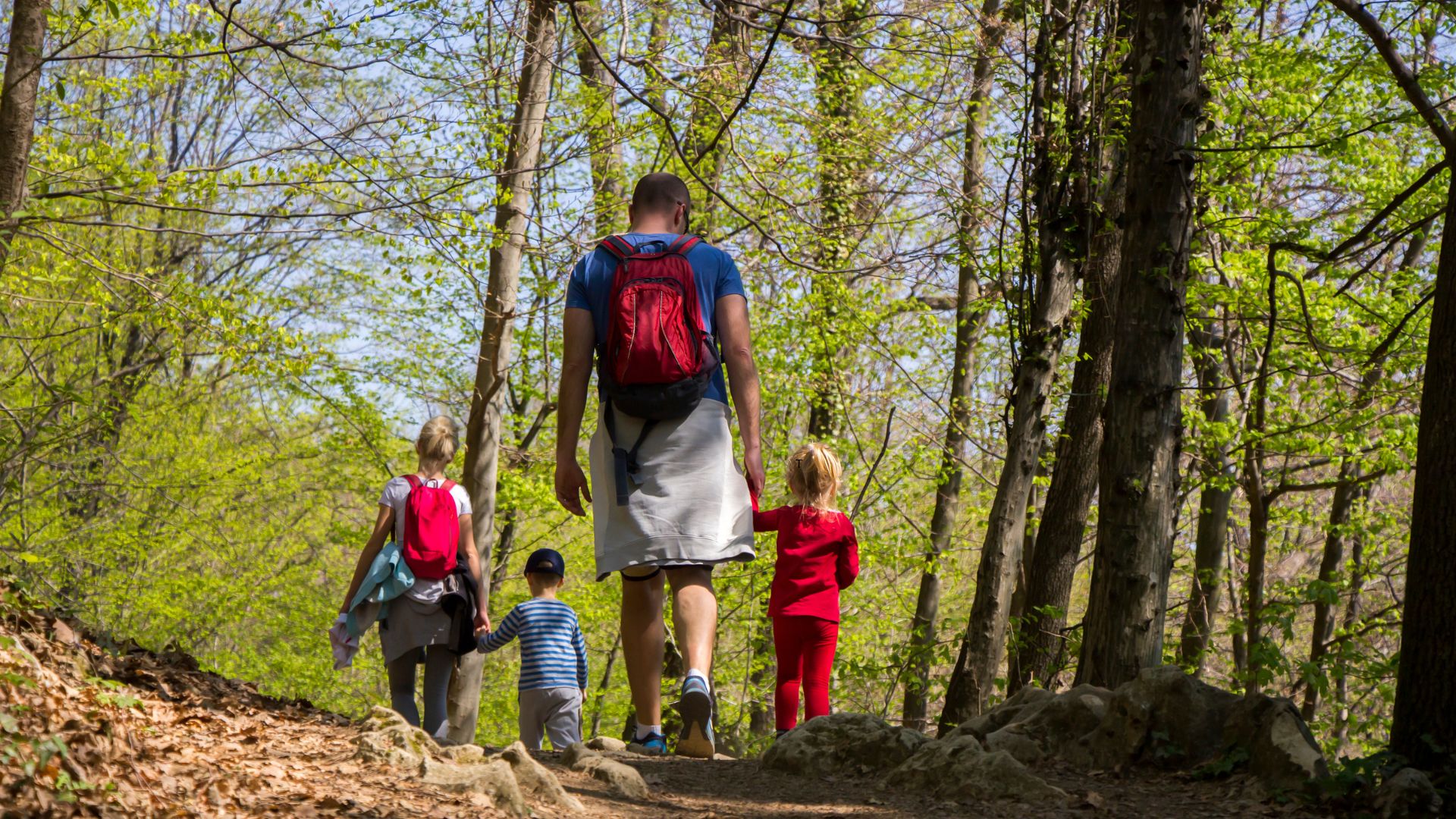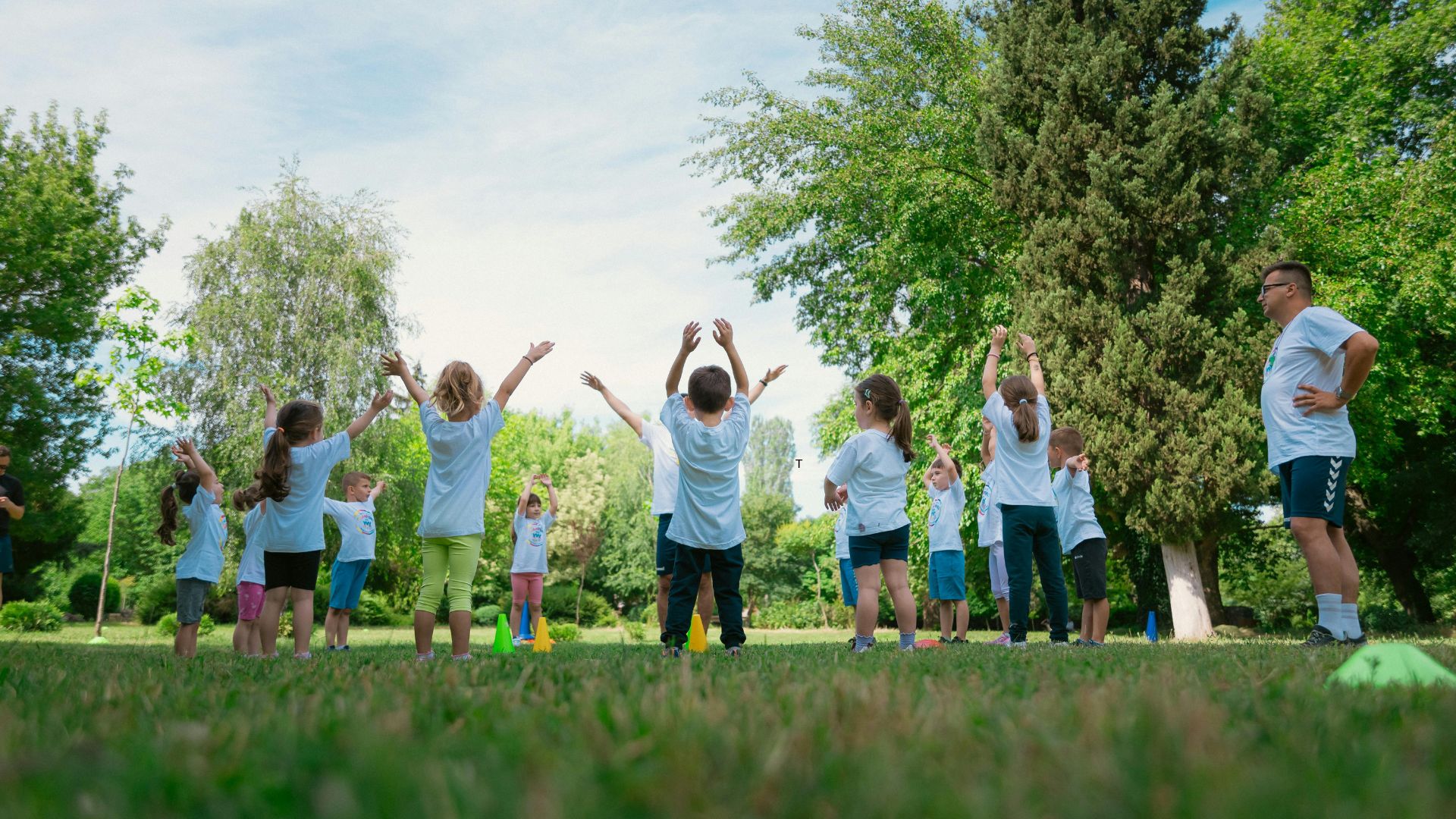Childhood is a critical period not just for physical growth but also for developing healthy emotional patterns. Unfortunately, modern lifestyles filled with screen time, processed food, and academic pressure are contributing to two troubling trends in kids, rising rates of obesity and anxiety.
In this article, we’ll explore how fun, age-appropriate exercises don’t just improve a child’s fitness but also serve as powerful buffers against anxiety, stress, and depression. These are not rigid workout routines but playful activities designed to get kids moving while keeping them engaged and mentally stimulated.
Why Physical Activity is Crucial for Kids’ Mental and Physical Health
Exercise for kids isn’t about gym sessions or strict discipline. It’s about movement, play, and creating positive associations with physical activity early in life. The benefits are vast:
- Prevents weight gain and supports healthy metabolism
- Improves sleep quality and reduces restlessness
- Boosts endorphins, serotonin, and dopamine (key neurotransmitters for mood regulation)
- Enhances concentration and academic performance
- Reduces cortisol and adrenaline (hormones linked to chronic stress)
The American Academy of Pediatrics recommends at least 60 minutes of moderate to vigorous physical activity every day for children aged 6 and older. Even preschoolers should have at least 3 hours of active play distributed throughout the day.
Fun Exercises That Help Prevent Obesity and Anxiety
Animal Walks (Ages 3–10)
Why it works: These imaginative exercises keep kids entertained while strengthening core muscles, coordination, and gross motor skills. Animal walks include bear crawls, crab walks, frog jumps, and inchworms.
Mental health bonus: Engaging in imaginative play activates the prefrontal cortex, helping kids develop cognitive flexibility and emotional regulation. It’s also great for reducing anxiety by shifting focus from negative thoughts to creative movement.
Tip: Turn it into a game or race to a finish line while mimicking different animals.
Dance Parties and Just Dance Videos
Why it works: Dancing improves cardiovascular fitness, balance, and body awareness. Unlike structured sports, dance allows kids to be expressive and spontaneous, making it a great choice for both introverts and extroverts.
Mental health bonus: Music and movement combined stimulate dopamine release, which elevates mood. Following dance patterns can also improve cognitive processing and memory.
Tip: Set aside 15–20 minutes daily for a “family dance-off” with upbeat, kid-friendly tracks or follow YouTube dance videos.
Obstacle Courses (Indoor or Outdoor)
Why it works: Building and navigating an obstacle course activates multiple muscle groups, encourages problem-solving, and keeps the experience fresh and exciting. It can be done using couch cushions, cones, ropes, or boxes.
Mental health bonus: Kids feel a sense of accomplishment completing the course, building self-confidence. It also reduces stress by offering a physical outlet for pent-up energy and frustration.
Tip: Let your child help design the course; it gives them ownership and builds creativity.
Family Nature Walks or Hikes
Why it works: Low-impact cardio activities like walking build endurance and improve cardiovascular health. Doing it in nature adds an extra layer of benefit through natural light exposure and sensory input.
Mental health bonus: Numerous studies show that time in nature reduces anxiety, improves mood, and increases mindfulness in children. Walking also encourages casual conversation, which can help kids open up emotionally.
Tip: Try scavenger hunts or nature bingo during walks to keep kids interested.
Jump Rope Challenges
Why it works: Jumping rope builds coordination, bone strength, and cardiovascular fitness. It’s simple, low-cost, and scalable based on the child’s age and skill level.
Mental health bonus: The rhythm of jump rope provides a meditative effect and stimulates both brain hemispheres, improving focus and calming restlessness.
Tip: Challenge your child to learn new jump rope tricks or keep a personal best log.
Team-Based Games Like Tag, Capture the Flag, or Kickball
Why it works: These games combine sprinting, strategy, and teamwork, keeping kids engaged in fast-paced movement. Social games like these develop peer interaction and sportsmanship.
Mental health bonus: Social connectedness is a major buffer against anxiety. These activities build friendships, boost self-esteem, and reduce feelings of isolation.
Tip: Encourage inclusive rules so all skill levels can participate without pressure.
Long-Term Impact of Early Physical Activity
Building the habit of regular movement early in life sets the stage for long-term health. Physically active children are significantly more likely to grow into healthy, active adults. They also tend to have:
- Lower body fat percentages
- Higher academic performance
- Better sleep patterns
- Stronger bones and muscles
- Improved social skills and self-discipline
Tips for Parents: How to Make Exercise a Daily Habit
- Lead by example: Kids are more likely to enjoy physical activity when they see their parents doing it too.
- Avoid making exercise a punishment: Keep it fun and non-competitive unless your child seeks that out.
- Build it into routines: Include movement during TV commercials, before dinner, or after school.
- Use rewards that are not food-based: Stickers, praise, or an extra bedtime story can work wonders.
- Let kids choose: Giving them autonomy over which activity to do boosts motivation and enjoyment.
Conclusion
Exercise for kids is about building resilience, confidence, and joy in a child’s everyday life. When movement is made fun and consistent, it becomes a natural way to guard against some of the most pressing challenges facing children today: obesity and anxiety.
By integrating playful activities like animal walks, dance sessions, nature hikes, and yoga into daily routines, parents and educators can lay the foundation for a healthy body and a calm, focused mind. The earlier these habits are formed, the more effective they’ll be in promoting lifelong wellness.


